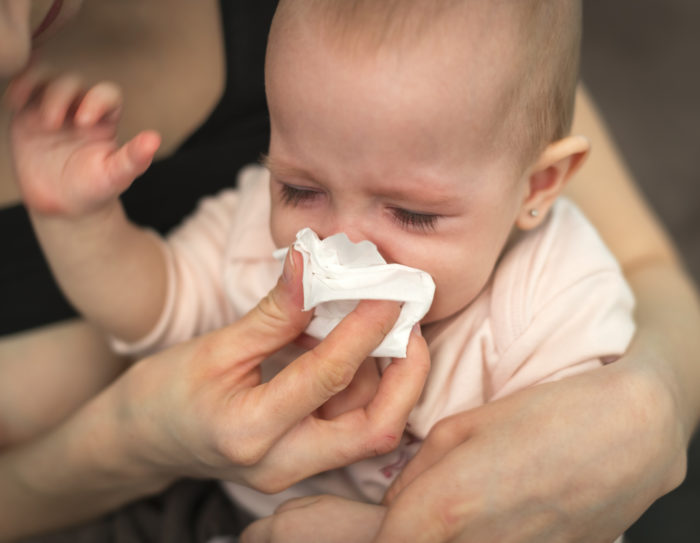Wash your hands. Cover your nose. It’s familiar advice, but in the wake of a global pandemic, more people seem to be following it. In fact, the behaviors aimed at helping to slow the spread of COVID-19 have also curbed the spread of other common viruses.

Cases of flu, for example, remain unusually low this year. During the 2019 flu season, the CDC reported more than 65,000 cases of influenza nationwide. During the same period this flu season, the agency reported just over 1,000 cases so far. Increased use of flu vaccine, which is readily available to just about everyone, may have also contributed to the decline.
Fewer cases of respiratory syncytial virus are also being reported. The seasonal virus can be deadly for infants and young children, so less of it is an unexpected silver lining of COVID-19. Experts warn against complacency, though.
“While we’re not seeing as many severe cases of RSV right now, we are still seeing some and parents must remain vigilant,” said Suzanne Staebler, DNP. “RSV is still circulating, and it’s still dangerous.”
Staying alert to symptoms is good advice – as the dip is likely temporary. A rebound of new viral infections is expected when current precautionary measures and ongoing travel restrictions subside. And next season is already anticipated to be more severe than usual, due to lack of exposure this year.
Like the flu and COVID-19, there is a preventive treatment for RSV. Getting babies access to it, however, has historically been difficult. Upward of 40% of prescriptions for the treatment are denied by health plans for some of the most at-risk infants.
The world remains laser-focused on distribution of COVID-19 vaccinations, and rightly so. The mass vaccination effort is critical to the world’s return to “normal.” Yet when coronavirus fades, policymakers would do well to shift their focus toward ensuring better access to the RSV preventive treatment. It too has the potential to save thousands of precious young lives.

